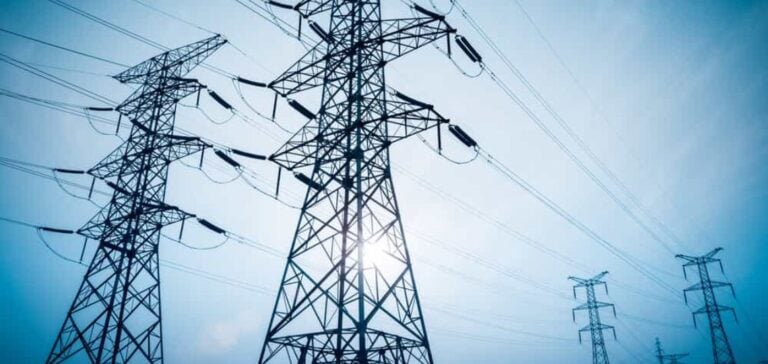The Court of Audit highlights in a report published on Wednesday the financial challenges linked to the modernization of French electrical grids. According to the institution, grid operators Réseau de Transport d’Électricité (RTE) and Enedis will need to mobilize nearly €200 billion to meet energy transition objectives by 2040.
A complex arbitration
These massive investments are essential to achieving decarbonization goals. They aim to connect renewable energy infrastructures, such as wind farms, and to develop the necessary networks for electric vehicle charging.
However, the Court stresses the importance of a fair arbitration between the dividends distributed to shareholders of grid operators and increases in the tariffs for using electricity networks (TURPE). A rise in this tariff, estimated at around €10 per megawatt-hour (MWh) by 2030, could weigh heavily on consumers.
Reducing dividends as a priority
The report suggests that reducing dividends should be the first step to limit the impact of investments on household bills. This recommendation is based on the notion that operators, benefiting from a low level of risk, can adjust their distribution policy to better support financing efforts.
For the Court, the goal is to find a balance that ensures the financial viability of infrastructures without excessively burdening households, while the average electricity consumption in France stands at 2.223 MWh per inhabitant per year.
Strategic challenges for the future
This report highlights the challenges the energy sector faces in the context of the ecological transition. It also underscores the importance of strategic and political decisions to fairly distribute efforts among public actors, private entities, and users.
The Court of Audit’s recommendations, while oriented toward a pragmatic approach, pave the way for debates on funding priorities in a context where climate goals require record-breaking investments.






















